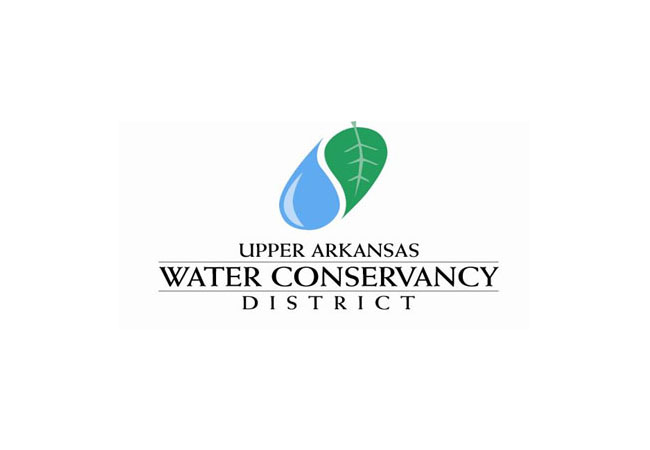Over the past 20-plus years I have written many articles on water rights and water allocation in Colorado.
However, since so much of our current population is relatively new and, therefore, unfamiliar with Colorado’s Water Doctrine, it may serve the Upper Ark District and all of us well to review that doctrine, especially with the Nestlé Waters North America 1041 permit extension pending in Chaffee County.
The Colorado Doctrine is quite simple. The waters of the state belong to the people subject, however, to appropriation by individuals or entities for beneficial use. Beneficial use is municipal (drinking), irrigation of crops, industrial uses, recreational, and environmental uses.
Recreational and environmental uses can only be appropriated by specific public entities and are a relatively new addition to the types of state-recognized beneficial uses. Since Colorado, and especially the Arkansas Basin, is quite arid, adjudicated water rights each have a priority date based upon the first date of diversion. That is, “First in time is first in right.”
However, since 1969 when tributary groundwater was integrated into this system, like surface water has been since statehood, one could divert or pump groundwater only if he replaced the water used up at a location above the shorted water right.
There are some exemptions to this law, but they relate primarily to historic residential/home uses. This replacement practice and plan also must be adjudicated by the water court and undergo extensive scrutiny before being approved. These plans are called “Augmentation Plans.”
Nestlé Waters’ Ruby Mountain Springs wells have operated pursuant to the Upper Arkansas Water Conservancy District’s umbrella augmentation plans since 2015. All the water used up by Nestle has been replaced in the Arkansas River under this plan and by new water brought into the basin from the Western Slope of Colorado.
There have been no negative impacts or injury to the flows or water rights by the Nestlé well pumping and use. In fact, due to the Chaffee County 1041 permit conditions and terms, Nestlé water replacements have enhanced flows in the Upper Arkansas river.
Under State water administration rules and laws, water depleted in an augmentation plan must only be replaced above the shorted water right. In the case of Nestlé depletions, the replacement water does not have to be new trans-basin water and could be replaced out of Pueblo Reservoir, thus bypassing the Upper Arkansas portion of the River.
The former owner of Nestlé Waters’ Ruby Mountain Springs was impounding water for fish propagation under a decree that was non-consumptive. However, the water impoundments were causing depletions to the river and injured water rights.
Today the Division of Water Resources is scrutinizing out-of-priority uses that are causing injury to river flows and water rights in the Upper Arkansas area. These uses are primarily illegally filled catchments such as ponds built for fish propagation and aesthetics. The amount of annual depletions is large.
More importantly, the major portion of these unsanctioned depletions occur during summer irrigation months of July and August. Each acre of surface in these open-water ponds can create more than 3 acre-feet of annual evaporation.
It is entirely possible that more than 1,000 surface acres of illegally filled ponds exist in the Upper Arkansas Basin. If so, this would equate to more than 3,000 acre-feet of injury to water rights annually.
Injury to Arkansas River flows and water rights do not occur when entities or individuals appropriate water in priority or, if out-of-priority, make replacements under existing laws through court decreed augmentation plans. The problem occurs when entities or individuals take water out of priority without making replacements to the river.





